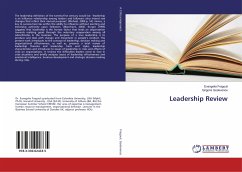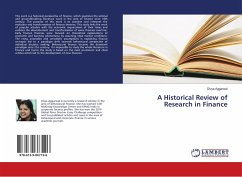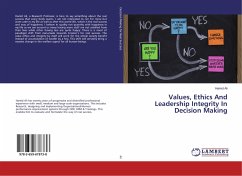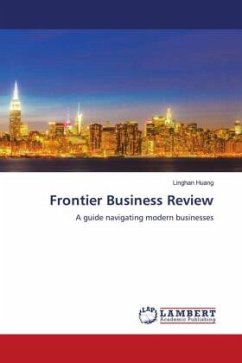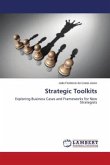The leadership definition of the twenty-first century would be: 'leadership is an influence relationship among leaders and followers who intend real changes that reflect their mutual purposes' (Michael, 2009.p, 53). Hence, a key to success here lies within the ability to influence without exerting and exercising authority upon followers. (Blanchard, 2003). Kruger (1995) suggests that leadership is the human factor that leads an organization towards realizing goals through the voluntary cooperation among all subordinates in the business. The purpose of a true leadership is to produce and deal with change and movement in people's conduct. The present work introduces to the concept of leadership, decision making and organizational effectiveness, as well as, presents a brief review of leadership theories and leadership traits and styles, leadership characteristics and introduces to issues of leadership in crisis and effects of crisis on organizations. It reviews the difficulties leaders need to face in crisis situations and briefly analyzes issues of leadership effectiveness and emotional intelligence, business development and strategic decision making during crisis.
Bitte wählen Sie Ihr Anliegen aus.
Rechnungen
Retourenschein anfordern
Bestellstatus
Storno

